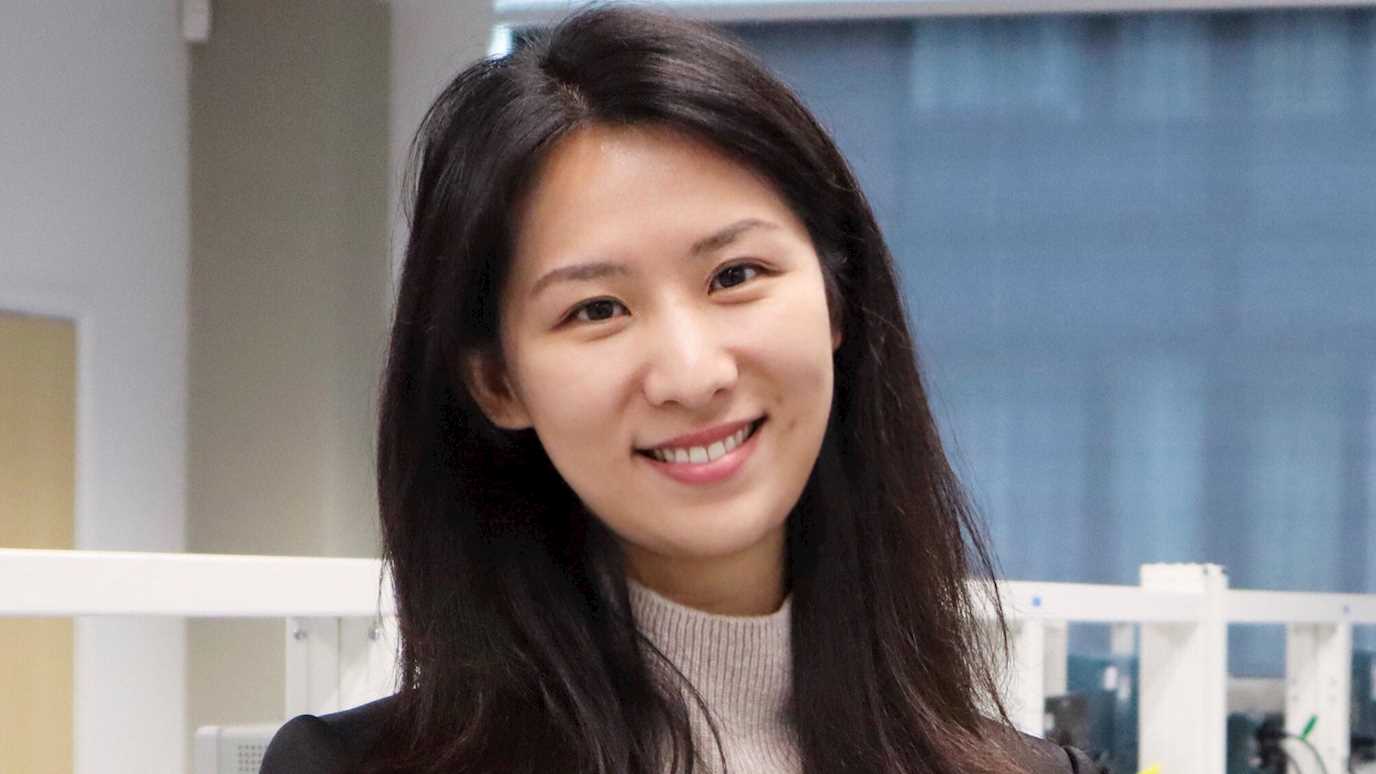Dr Wenqing Liu | Reader in Electronic Engineering
"My why is to study and understand quantum materials, and to create new technologies through material engineering."
Since the mid 20th century, the semiconductor-based electronics has followed the famous Moore’s law that the number of transistors per square inch increases exponentially. However, this trend will eventually hit a physical limit where the computation units enter the regime of nano-scale where quantum mechanisms start to dominate. My research involves exploring the quantum properties of materials and their artificially synthetized structures, partially in their nano-forms, which could potentially be used as actual components for an eventual device.
The experimental side of nano-electronics research today has marched to an historical point where the paramount urgency is to use materials of the highest perfection and homogeneity and detection tools with atomic sensitivity. At Royal Holloway we have a brand-new world-class clean room facility that makes this possible. I also perform experiments at the worldwide synchrotron-radiation stations where I use high intensity X-ray to ‘see’ deep inside the atoms.
Studying Electronic Engineering at Royal Holloway
At Royal Holloway we are connecting cutting-edge research and teaching in nanotechnology and material science in a curriculum that fosters creativity. As a new department, we have the unique opportunity of defining our research areas and developing teaching in novel directions such as nano-electronics beyond the traditional engineering subjects. Students at my classes learn about what is ‘physically’ happening (not virtual) when an electronic device works, how electrons motion represent a physical state and hence information which can be read and written electrically, and what the technical challenges are when the electronic components shrink to atomic scale. As an undergraduate it is an exciting time to join us and to start your journey here discovering how the fundamental partials and everything built up from them work, and how materials engineering will lead us to new technologies.
Find your why




















